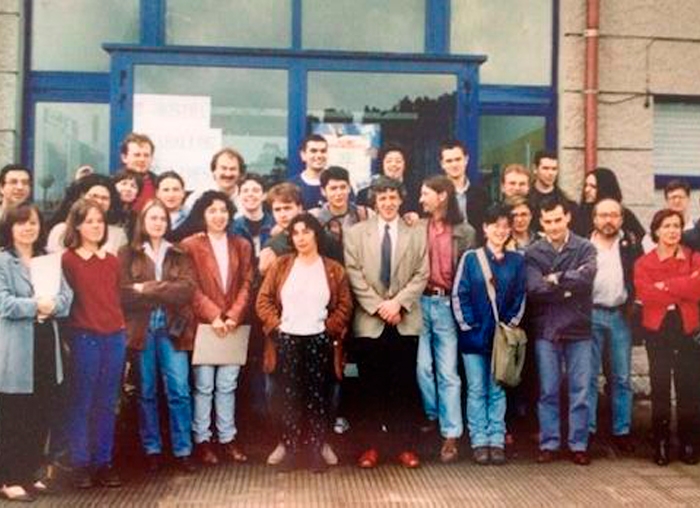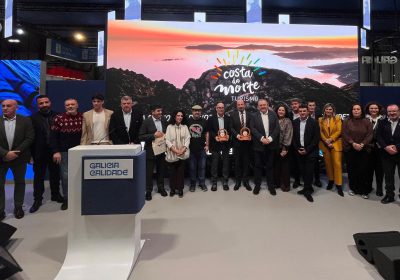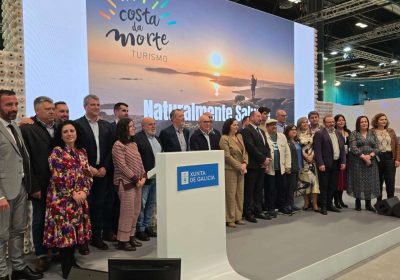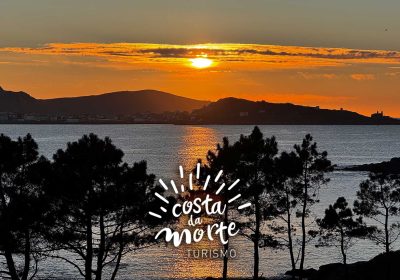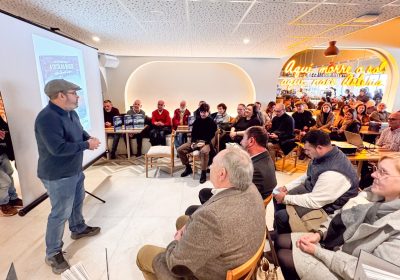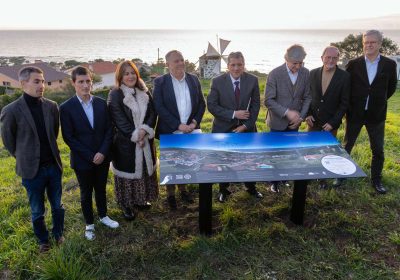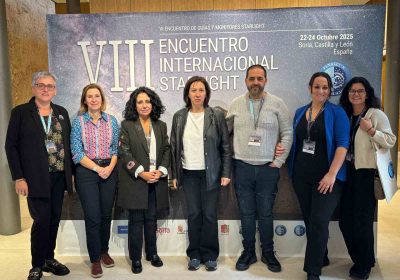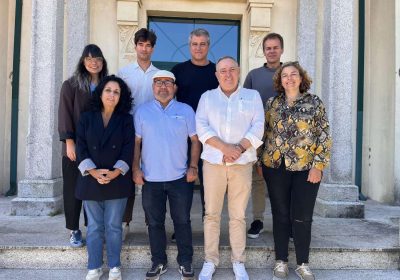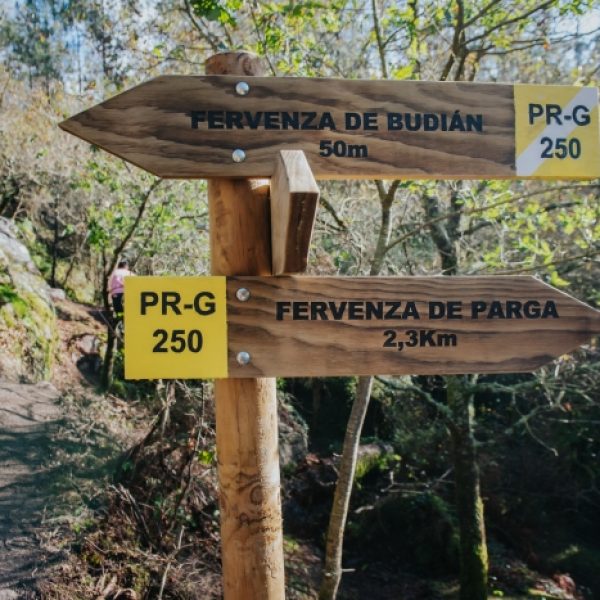As promised in the previous article, today we will continue our proposal to know the Costa da Morte through literature. So lets embark on this second journey through the pages of books that evoke the beauty and magic of our land, but also the personality of its people. Strong people and fighters, with their marine character, who carry in their veins the influence of the sea and this land laden with mysticism.
Muxía
With a unique sensibility, the Muxian poet Gonzalo López Abente permeates all his work of the love he feels for his land. Known as “The Poet of the Sea” his verses move us to this magical and sea-going land located on the edge of the world. To her it sings in these verses of the Poemario de Outono:
Oh, quen poidera, miña doce prenda,
xuntar as espalladas armoñías
que o tempo vello co fulgor dos días
ceibou no ensoño da dourada lenda.
E quen poidera da futura renda
que fabrican as fadas ás porfías,
mostrar as mallas, en que ti verías
o máxico esprendor da túa senda.
Quen poidera pintar no azul do ceo
o que no fondo dos teus ollos leo;
ter o outo son dos procelosos mares,
no Parnaso unha musa proteutora
e de xionllos aos teus pes, Señora,
cantar outro cantare dos cantares.
Laxe
Born in the town of Laxe, we also find in Antón Zapata work his roots. He often recalled in his poems memories of his childhood, hinting at how the Costa da Morte defines the character of its inhabitants.
¡Qué lediza miral-o,
pra os meus ollos de neno mariñeiro, cando iba, pol-o outón, leval-a moaxe, non ben cantaba o galo
da casa no poleiro!:
un ferrado de millo,
a pê, dendes de Laxe,
tripando no morrillo
da branca carretera, ou pol-a praia onde o Ártabro salaia,
ou pol-o mal camiño, costa arriba,
de croios pren e hirtada pedra viva…
Dolmen de Dombate, Cabana de Bergantiños
To this ancestral monument, he dedicated a poem to Eduardo Pondal, of which we have already spoken in the previous article. But this ancestral monument not only captivated the poet of Ponteceso. The magic of the Costa da Morte also captures foreign authors such as Manuel María, born in Outeiro de Rei da Terra Chá (Lugo). In Versos do lume e do vagalume we can read:
O Dolmen de Dombate
é mao e colo tenro
para que nel se refuxie
o home cos seus medos
e os seus soños.
O Dolmen de Dombate
é o espacio xusto
para ollar pasar a vida
e agardar,
silandeiros e envisos,
a chegada da morte.
O batallón literario
This group, born in the mid-1990s in Cee, is named after the military company formed by students of the University of Santiago in the 19th century. XIX to fight against the French invasion of Napoleon. Among the names that make up this group we can find Miro Villar, María Lado, Marilar Aleixandre or Alexandre Nerium. In this 2020 they met, as reflected in Que Pasa na Costa in this article.
There are many writers who have let themselves be carried away by the spell of the Costa da Morte. Through his work, we can rediscover a unique land, and transport ourselves to its wonderful landscapes. You can almost smell the sea between its pages.

